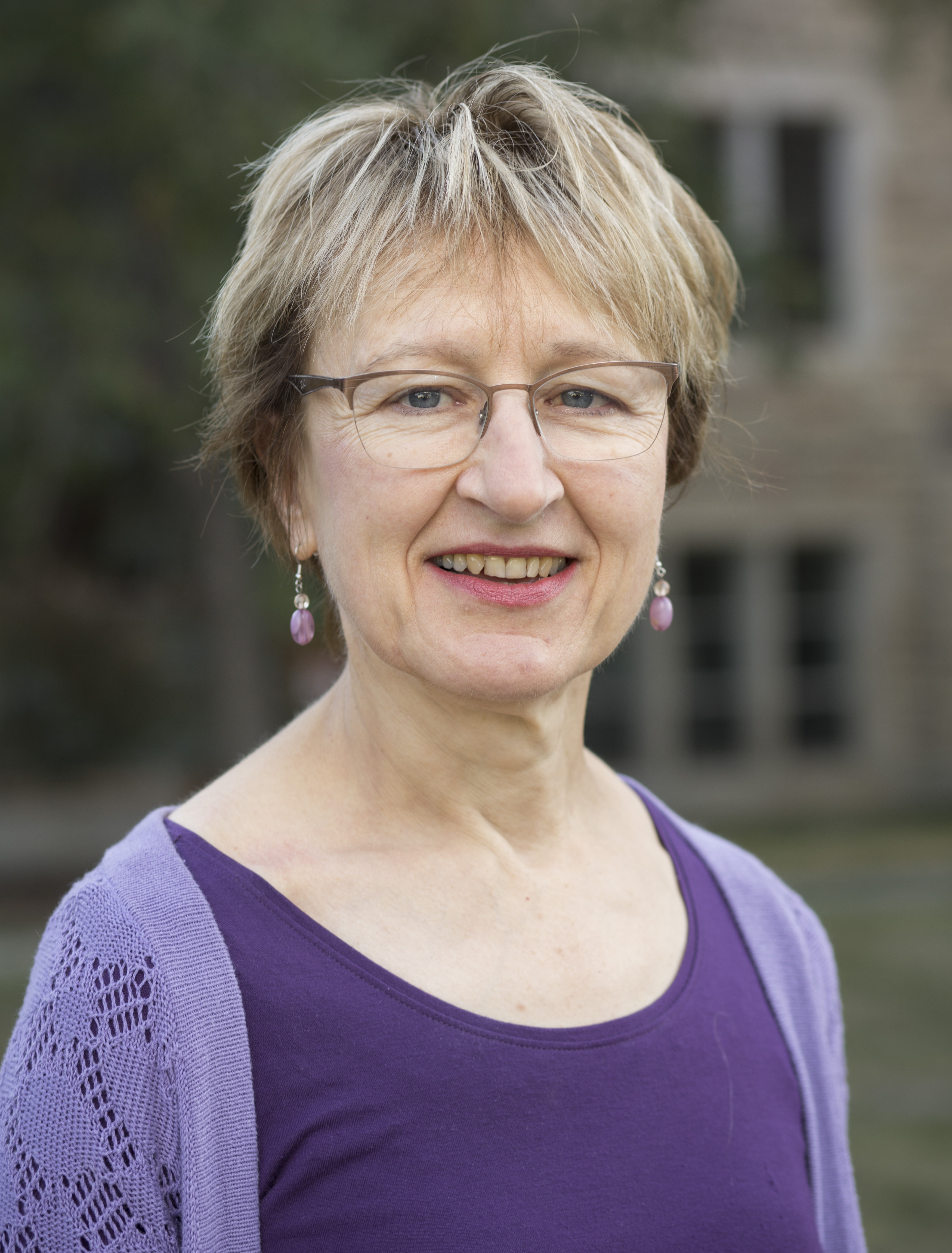
Dr. L. Thorpe MD, FRCPC
Clinical Professor Psychiatry- Address
- Saskatoon City Hospital, Saskatoon, SK
About
Dr. Thorpe is a geriatric psychiatrist who was a founding member of the Canadian Academy of geriatric psychiatry and a member of the specialty committee in geriatric psychiatry of the Royal College of Physicians and Surgeons which developed the subspecialty program. Dr. Thorpe practices clinically within the geriatric program, with predominant interest in mental health related to complex clinical, mental health and cognitive presentations in seniors. Her PhD was in aging and intellectual disabilities, and she continues providing clinical consultation to programs related to this
Research over the last few years has predominantly been related to end-of-life processes including medical assistance in dying (MAID). Projects have included a variety of topics related to this, such as quality improvement project exploring unmet needs contributing to requests for MAID, how and when clinicians discuss end-of-life decisions in ALS, and more recently in multiple sclerosis. Another ongoing research interest has been related to vulnerable adults. One of the recent small projects has involved social work interviews exploring clinical cases in which substitute decision-makers were not acting in the best interest of vulnerable adults.
Dr. Thorpe currently supervises the resident studying the impact of the pandemic on loneliness in seniors living in independent living environments. She is also part of the project exploring the need for a dedicated geriatric psychiatry inpatient unit, working in conjunction with an epidemiologist at Community Health and Epidemiology. Dr. Thorpe is part of various other research advisory committees within graduate studies and also enjoys supporting various residents with their various smaller research projects.
National work includes participation in the development of Canada wide curricula for medical assistance in dying, particularly assessment of complex capacity. With the widening of medical assistance in dying to those without reasonably foreseeable natural death and in the near future to those with primary mental illness there are many potential research projects for students.
